It seems to me that the information that betting so heavily on FTX and SBF was an avoidable failure. So what could we have done ex-ante to avoid it?
You have to suggest things we could have actually done with the information we had. Some examples of information we had:
First, the best counterargument:
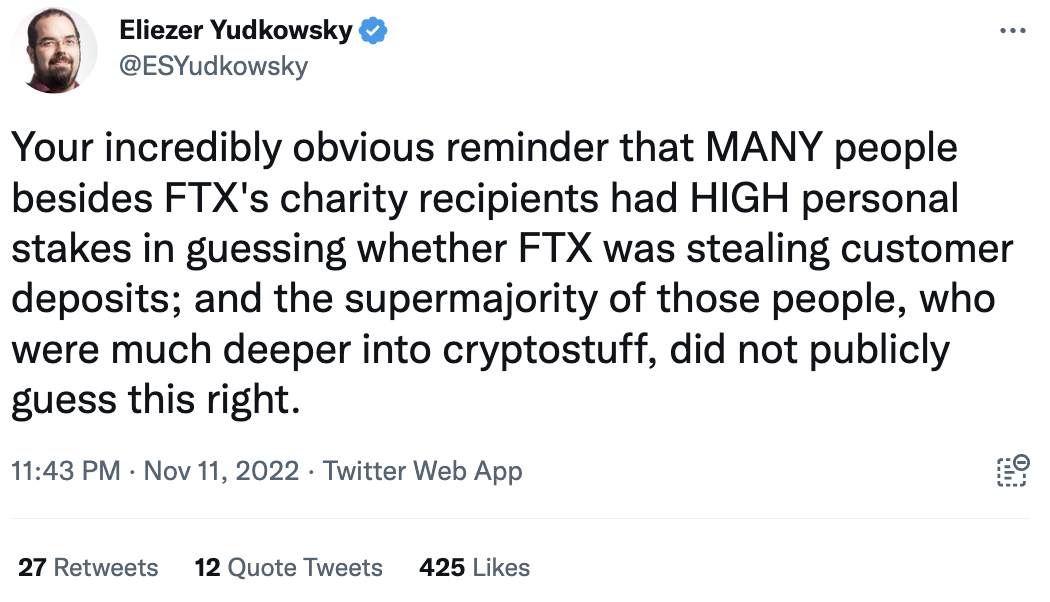
Then again, if we think we are better at spotting x-risks then these people maybe this should make us update towards being worse at predicting things.
Also I know there is a temptation to wait until the dust settles, but I don't think that's right. We are a community with useful information-gathering technology. We are capable of discussing here.
Things we knew at the time
We knew that about half of Alameda left at one time. I'm pretty sure many are EAs or know them and they would have had some sense of this.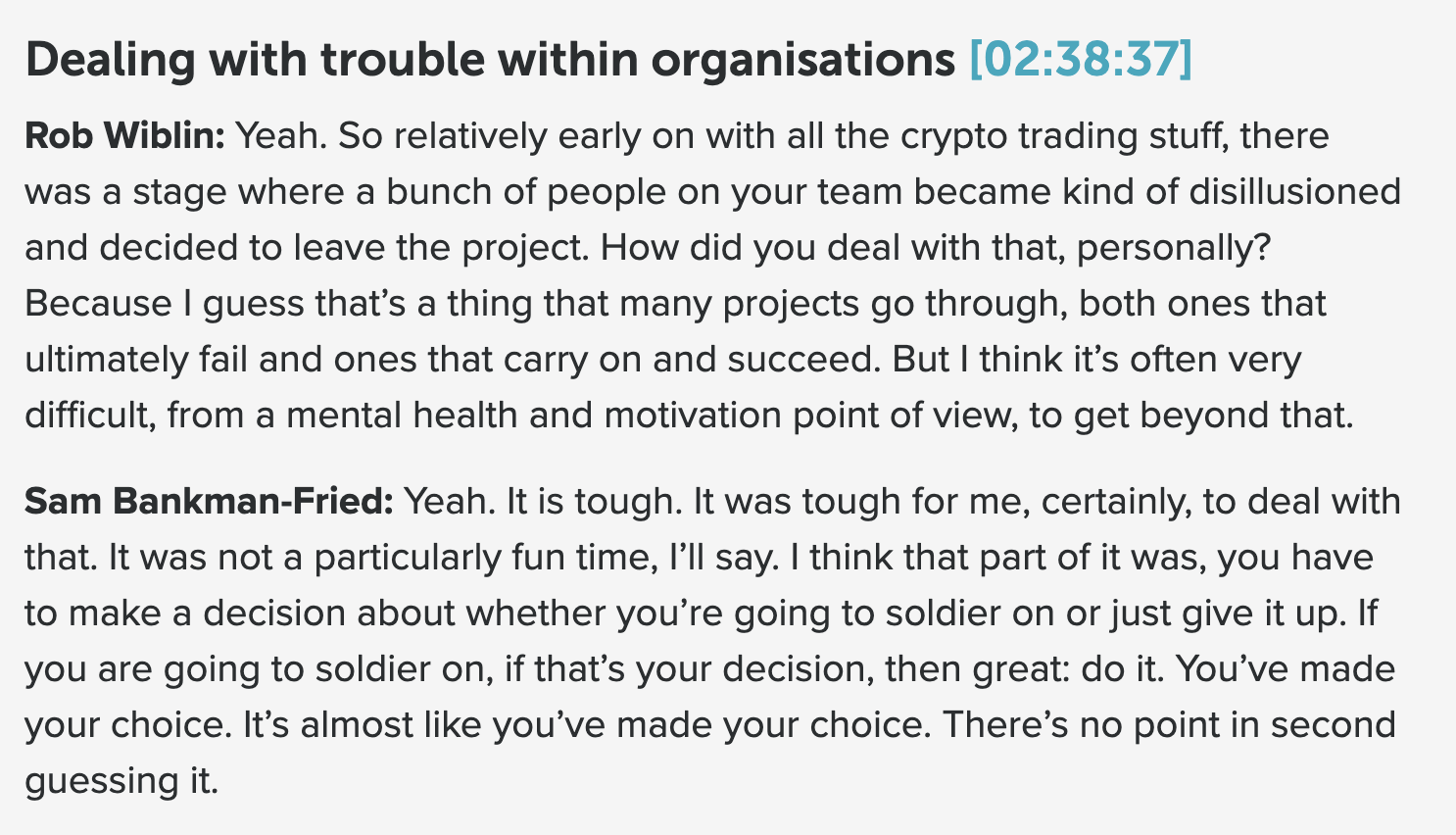
We knew that SBF's wealth was a very high proportion of effective altruism's total wealth. And we ought to have known that something that took him down would be catastrophic to us.
This was Charles Dillon's take, but he tweets behind a locked account and gave me permission to tweet it.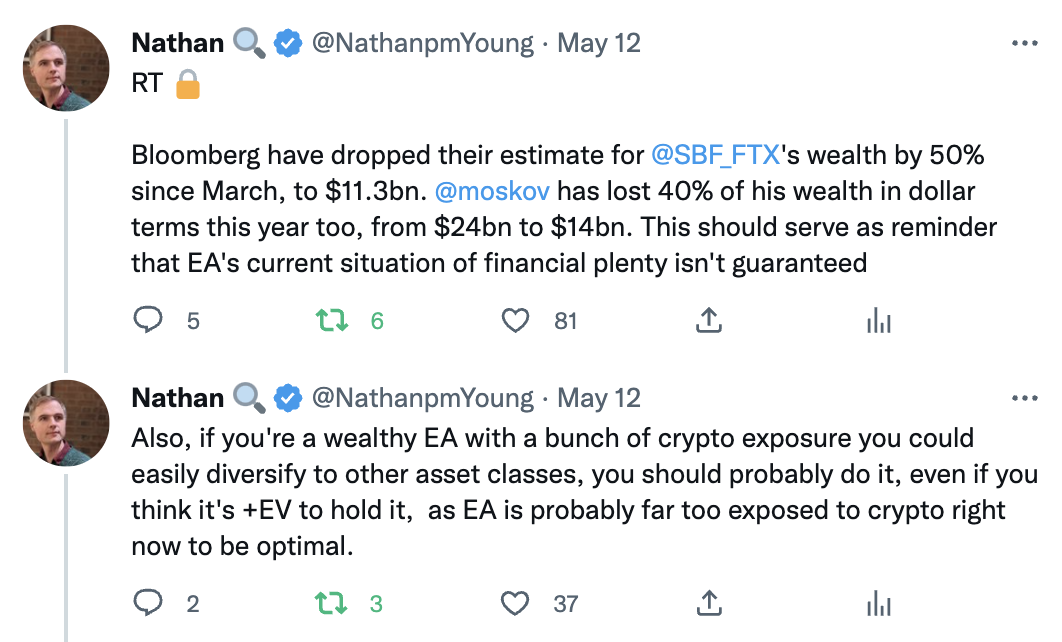
Peter Wildeford noted the possible reputational risk 6 months ago:
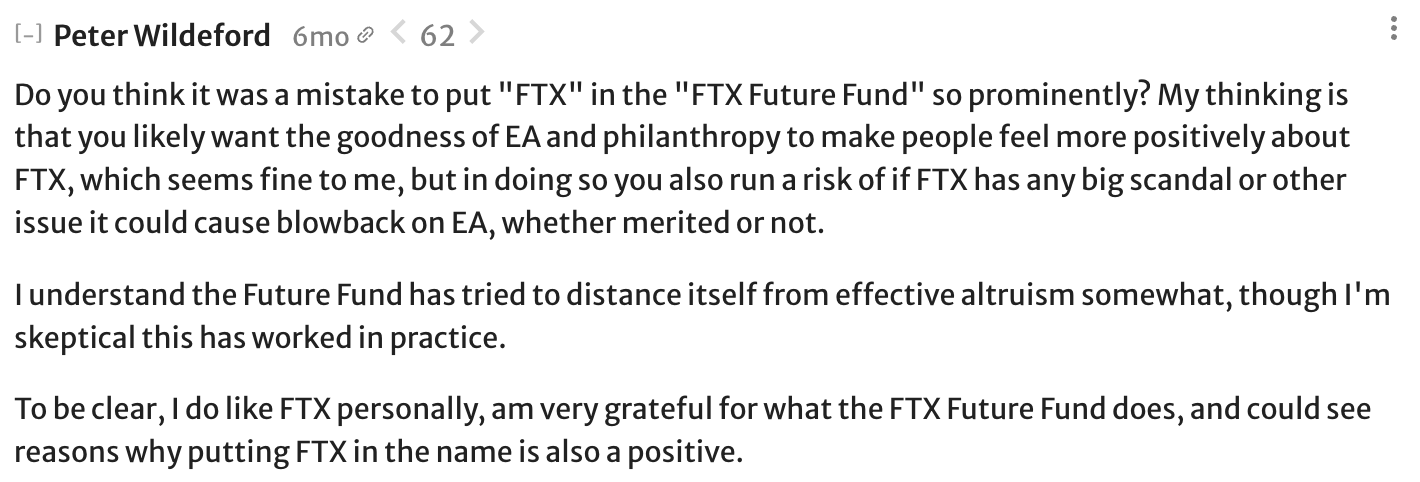
We knew that corruption is possible and that large institutions need to work hard to avoid being coopted by bad actors.
Many people found crypto distasteful or felt that crypto could have been a scam.
FTX's Chief Compliance Officer, Daniel S. Friedberg, had behaved fraudulently In the past. This from august 2021.
In 2013, an audio recording surfaced that made mincemeat of UB’s original version of events. The recording of an early 2008 meeting with the principal cheater (Russ Hamilton) features Daniel S. Friedberg actively conspiring with the other principals in attendance to (a) publicly obfuscate the source of the cheating, (b) minimize the amount of restitution made to players, and (c) force shareholders to shoulder most of the bill.

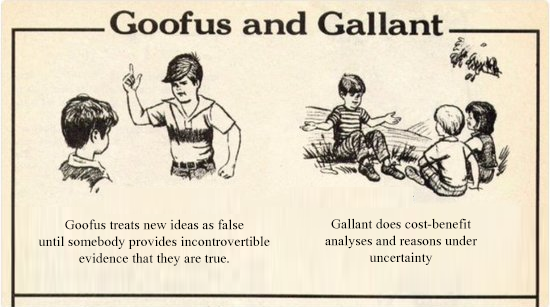
A few thoughts on how to avoid this:
Speaking of that, that leads to my next suggestion:
Specifically, we need to make sure that we catch unethical behavior early, before things get big. Here's the thing, a lot of big failures are preceded by smaller failures, as Dan Luu says.
Here's a link:
https://danluu.com/wat/
We really need to move beyond the model of EA posts being a whistleblower's main place, even in the best case scenario.
And 3. We should be much more risk-averse to actions that involve norm violations, because they have usually negative benefits. One of SBF (and partially EA's flaw) was not realizing what the space of outcomes could be.
Quoting here:
Yeah, the idea that everything would fall to zero only makes sense if we take a very narrow view of who was harmed. Once we include depositors, EAs and more, it turned negative value.